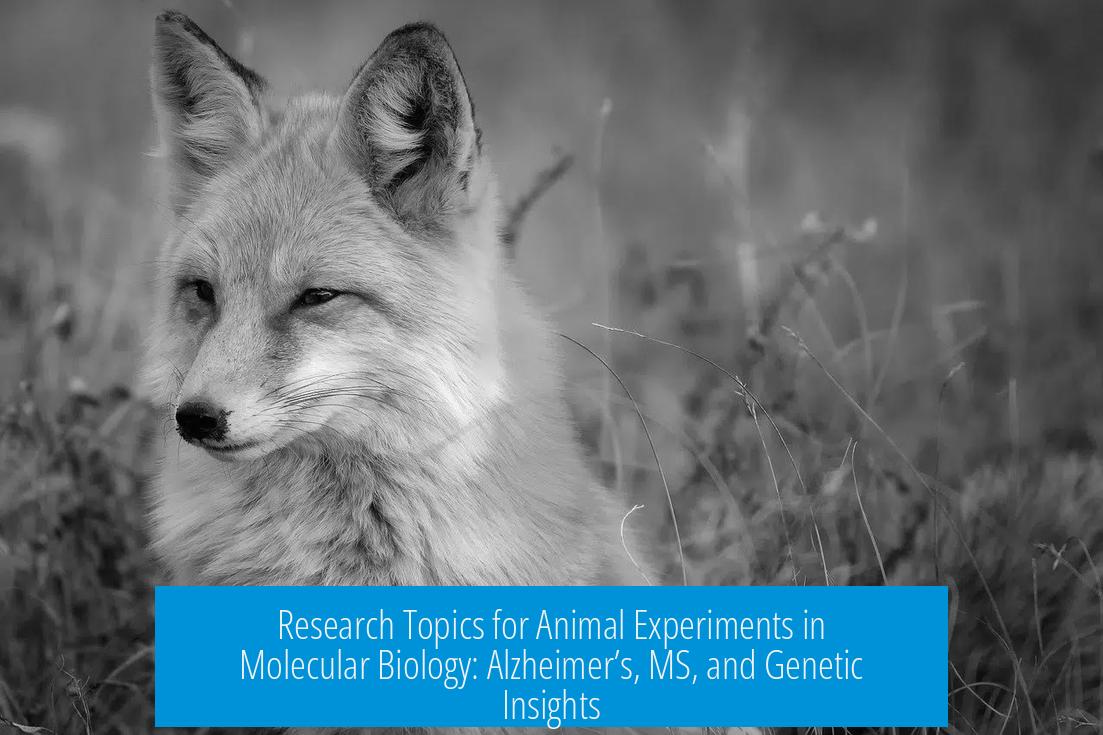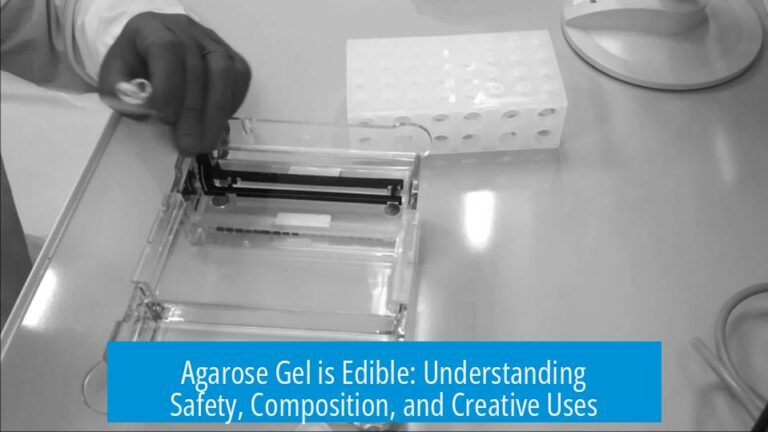Recommended Research Topics for Animal Experiments in Molecular Biology

Animal experiments in molecular biology offer vital insights into complex diseases. Key research areas include Alzheimer’s Disease and Multiple Sclerosis. These studies enable understanding disease mechanisms, early diagnosis, and therapeutic targets.
1. Alzheimer’s Disease and APOe Genotypes
Focus on the role of APOe genotypes in Alzheimer’s Disease (AD) progression. Using animal models engineered to carry different APOe variants reveals how these genetic differences influence disease development.
- Develop transgenic animals with varied APOe genotypes.
- Identify biomarkers signaling AD progression in these models.
- Validate molecular markers for early detection and treatment monitoring.
Research involving APOe helps clarify genetic risk factors and pathways involved in neurodegeneration.
2. Multiple Sclerosis – Early Diagnosis and Disease Progression
Current MS diagnosis depends on imaging that detects late-stage brain changes. Animal models can help identify molecular biomarkers detectable in blood for earlier diagnosis.
- Study blood-based biomarkers using MS animal models.
- Investigate early molecular changes before clinical symptoms appear.
- Explore pathophysiological mechanisms to develop early interventions.
Advancing early diagnostic tools through animal studies can improve clinical outcomes by enabling timely treatment.
3. Genetic Susceptibility and Environmental Triggers in MS
MS arises from a complex interplay of genetics, viral exposures, and environmental triggers. Animal models mimicking this interaction help elucidate disease onset and progression.
- Create models combining genetic susceptibility with viral or environmental factors.
- Analyze immune responses to triggers in genetically predisposed models.
- Study how these factors contribute to disease heterogeneity.
This research aims to distinguish between mere genetic susceptibility and actual disease manifestation.
4. Non-Image Diagnosable MS Forms and Early Molecular Presentation
Some MS forms evade detection by conventional imaging. Investigating these using animal models can uncover early cellular changes and novel biomarkers.
- Develop animal models reflecting non-imaging diagnosable MS types.
- Identify early molecular and cellular signatures preceding imaging findings.
- Evaluate new detection methods beyond imaging focus.
Such studies expand understanding of MS diversity and facilitate earlier diagnosis.
Additional Considerations
Extensive literature is available on animal model construction and molecular detection techniques. Researchers may consult relevant papers for methodology and experimental design guidance.
Key Takeaways
- APOe genotype-based animal models are critical for Alzheimer’s research.
- Developing blood-based biomarkers in animals supports early MS diagnosis.
- Models combining genetics and environmental triggers elucidate MS pathogenesis.
- Studying non-imaging detectable MS forms enhances early disease detection.





Leave a Comment